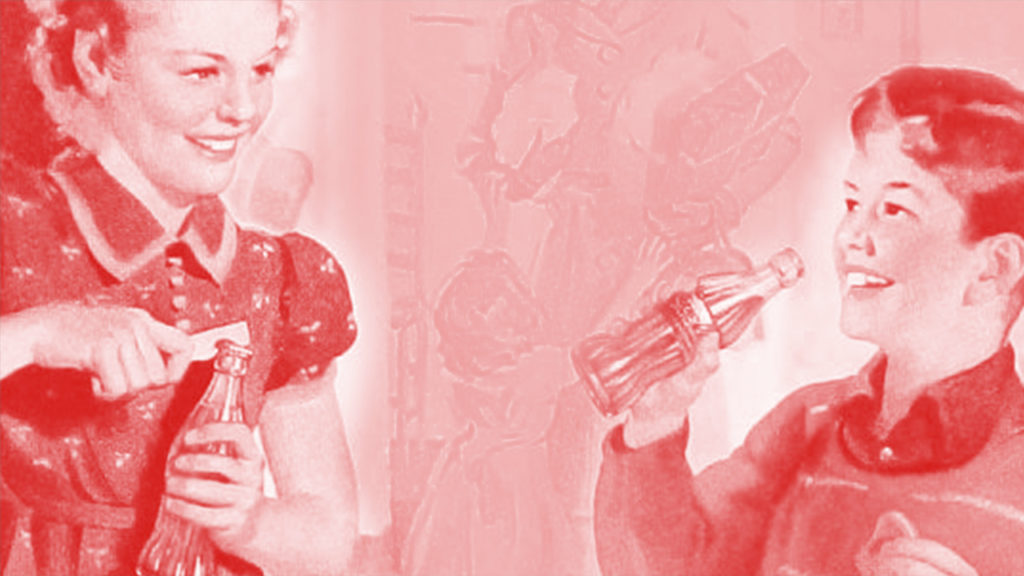Coca-Cola revealed an eight percent decline in its Q2 net revenues, attributed to the bottler re-franchising, but emphasized that its organic revenues grew by five percent, driven by balanced volume and price/mix. A significant aspect of that organic growth is the company’s success in emerging markets, particularly in Central Europe and Turkey, through expanding and diversifying its portfolio alongside effective marketing.
“We’re encouraged with our performance year-to-date as we continue our evolution as a consumer-centric, total beverage company,” said The Coca-Cola Company president and CEO James Quincey in a statement. “We have the right strategies in place and remain focused on achieving our full year guidance.”
Despite the drop in net revenue, Quincey assured investors and the public that the beverage industry is doing better than it did last year by stating, “Consumers are buying more beverages, but they’re buying a bigger diversity,” during the earnings call.
A Drink For Every Occasion
The company is following a “Beverages for Life” strategy, which involves launching a broad variety of products around the world coupled with marketing to provide consumers with drinks that accompany everyday moments and situations. At the same time, Coke is responding to shifts in consumer trends by investing in teas, juices, coffees and other categories in addition to promoting reduced or sugar-free beverages.
Quincey noted that this approach has resonated well in global markets, and it speaks particularly well to younger generations in the US who are increasingly turning away from sugary beverages in favor of alternative drink options. To underscore the point, Quincey noted that North American sales were up three percent, driven largely by both volume and pricing. Standout performers include sugar-free options, with a recently restaged Diet Coke and the double-digit growth of Coke Zero Sugar in North America, which can be attributed to smaller packaging through mini-cans and marketing innovations that encourage young consumers to try them.
“The reason we’re doing Beverages for Life is also because [the market] isn’t going to go back to what it was 40 years ago, where there were a relatively limited number of beverages,” he said.
In order for Coke to engage with the global market the company needed to expand its portfolio with a focus on relevant categories such as sparkling beverages. He added that consumer engagement and marketing played major roles, but so did innovations such as smaller packaging.
Prominent marketing campaigns include “Share a Coke” and “Share the Summer,” where the Coca-Cola logo was replaced by first names to encourage consumers to pick up a beverage along with others, preferably during fun summertime gatherings. The campaigns were reinforced with a digital docuseries called One Last Summer, which launched in July and follows the lives of recent high school graduates who are spending their last summer with friends before moving on to college.
Meanwhile, World Cup promotions helped boost the sales of sports drinks such as Powerade, which are especially popular in the Americas while bottled water does well in other markets.
“I think part of what you’re seeing is the payoff of the marketing programs and the linkage into football,” he said.
Quincey added that other drinks that are performing well are Fuse Teas, which recently launched its products in parts of Europe and in Russia, and Coke Zero Sugar. Overall, the company launched over 500 products globally in 2017.
Responsible Marketing
Coca-Cola is also emphasizing its leadership and sustainability initiatives to further increase its engagement with the young generation and global markets. In June, the company hosted the “Dear Future Leaders” challenge, a contest for 18-24-year-olds in North America to come up with ideas to improve their communities or respond to national challenges.
Additionally, while a growing number of companies have been getting on board with reducing or eliminating single-use plastic straws, Coca-Cola has been conducting an initiative to reduce disposable cups by allowing consumers to use special microchip tagged reusable bottles at Coca-Cola Freestyle dispensers. The “World Without Waste” initiative was launched in 2017, with the goal of collecting and recycling a bottle or can for each one sold by 2030.
The company also emphasizes its responsible marketing policy, which involves providing accurate information about its products and not marketing directly to children under the age of 12. The policy applies to all of its products and media channels, including television, radio, print, internet and mobile phones.

